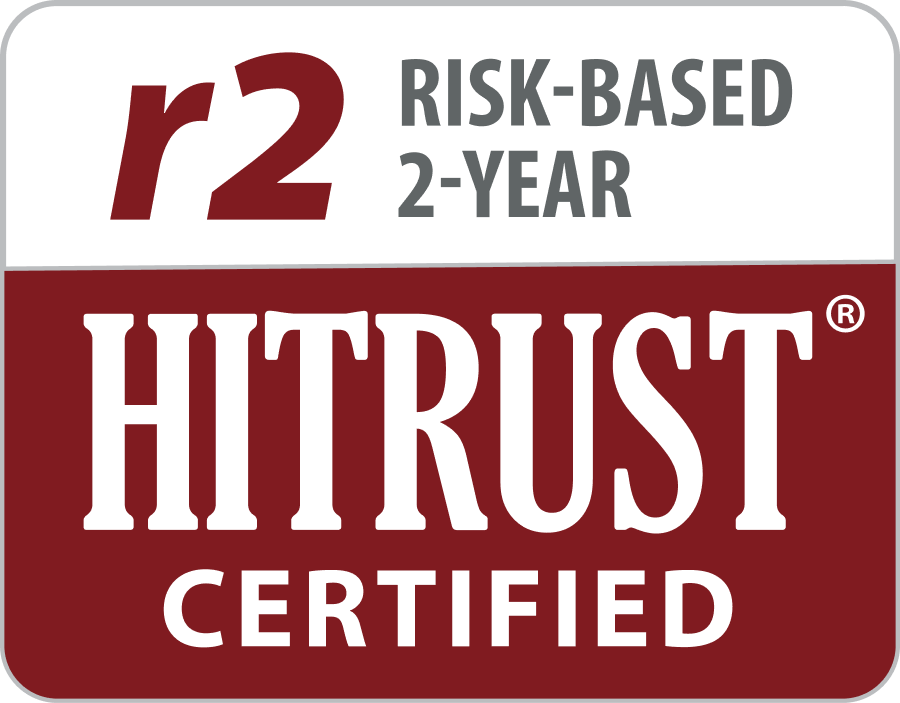
The Medicare Advantage (MA) Risk Adjustment Data Validation (RADV) audit is a vital process conducted by the Centers for Medicare and Medicaid Services (CMS) to ensure the correctness of payments to MA plans. CMS determines monthly payments based on the health and demographic characteristics of each member, as determined by the Hierarchical Condition Category (HCC) risk adjustment model. HCCs are based on diagnoses provided by healthcare providers.
Through RADV audits, CMS double-checks the diagnoses submitted for payment purposes. The agency picks a sample of enrollees from health plans chosen for an audit, ranging from 5% to 10% of all MA contracts, and assesses medical records to confirm risk scores and payments. The payment error rate is calculated by comparing the actual payment based on the submitted diagnoses to the payment that would have been made based on the RADV-verified diagnoses.
In a 2018 draft rule, CMS proposed changes to the methodology for calculating payment recoupment from MA plans. These changes excluded a Fee-For-Service (FFS) Adjuster in payment recoupment calculations based on an internal study that found no systematic effect on payments made to MA organizations.
The 2023 MA RADV rule reveals an estimated RADV audit recovery of nearly $5 billion over the next ten years. This rule comes with several significant changes to the program, the first of which involves excluding the FFS Adjuster in its RADV recovery method, including extrapolation, as the FFS Adjuster is not required for “actuarial equivalence” between MA plans and FFS program payments. CMS revised its proposal to apply extrapolation retrospectively from 2018 audits rather than starting from 2011 audits. CMS will recover only non-extrapolated overpayments found in audits from 2011 to 2017, and will use a statistically valid method for sampling and extrapolation that suits each audit, with a focus on MA contracts and enrollees with HCCs flagged as a risk for improper payment.
One of the most significant concerns surrounding the 2023 MA RADV rule is how CMS will choose health plans for audit. CMS will focus on contracts with a higher rate of coding intensity or prior evidence of a high error rate but has not specified precisely how it will identify high-risk contracts and HCCs. Questions remain regarding future audit methods and sampling methodology. The methodology is crucial for determining plan liability, and whether CMS plans to use random sampling or stratified random sampling is not yet known. The final rule may also affect providers, as health plans may increase oversight to enforce error-free coding, putting an additional burden on providers without the same rigor applied to the Medicare FFS program.
The lack of clarity on some aspects of the final 2023 MA RADV rule, such as audit methodology, has created uncertainty for MA plans. This uncertainty may result in adjustments to bids and revenue expectations, affecting premiums and benefits for enrollees. The impact will vary for each plan based on factors such as size, error rates, risk of being audited, and ability to shift operational resources to fulfill audit documentation requirements. Plans may consider the risk of audit when bidding, leading to higher bids, but smaller plans or those with limited resources may struggle to handle the uncertainties and costs associated with RADV.
ATTAC Consulting Group has the expertise to ensure compliance and risk-score accuracy are always at the forefront of your organization’s risk adjustment program. With a pulse on the latest industry trends and the knowledge of where to look, ATTAC is uniquely positioned to support your organization as it navigates the RADV final rule changes.
Do you need assistance with MA-RADV audits? ATTAC Consulting Group specializes in Medicare Risk Adjustment Data Validation; learn more about our MA-RADV Services.

